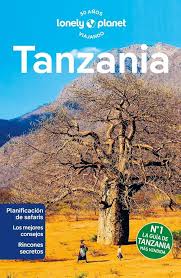Introduction
Portugal, a stunning European country situated on the Iberian Peninsula, is renowned for its rich culture, breathtaking scenery, and significant history. With its diverse landscapes, from golden beaches in the Algarve to the rolling hills of the Douro Valley, and its significant historical landmarks, Portugal has become an increasingly popular destination for tourists and travelers alike.
A Brief Overview of Portugal’s Rich History
Portugal boasts a long and storied history that dates back to the Roman Empire. The nation emerged as a kingdom in the 12th century and became a global maritime power during the Age of Discoveries in the 15th and 16th centuries. Portuguese explorers like Vasco da Gama and Ferdinand Magellan played pivotal roles in mapping unknown territories and establishing trade routes across the globe. Today, remnants of this era can be found throughout the country in the form of historical sites, monuments, and architectural wonders.
Cultural Significance and Traditions
Modern-day Portugal reflects a blend of influences including Roman, Moorish, and Celtic heritage. This diversity is particularly evident in Portuguese cuisine, music, and festivals. The famed Fado music, recognized by UNESCO as an Intangible Cultural Heritage, is a soulful expression of Portugal’s cultural identity. Additionally, annual celebrations such as the Lisbon Festas de Santo António and Porto’s São João Festival showcase the lively traditions that continue to thrive in contemporary society.
Importance in Today’s World
As of 2023, Portugal continues to be a prominent player in Europe. It has gained recognition for its commitment to sustainability and technological innovation. The recent rise in alternative investments, particularly in renewable energy, underscores the country’s initiatives toward a greener future. The Portuguese government has been proactive in attracting foreign investment and promoting tourism in a post-pandemic world, with innovative programs aimed at ensuring safety and enhancing the travel experience.
Conclusion
Portugal is not only a place of historical significance but also a vibrant modern nation embracing the challenges of the 21st century. Travelers can explore its rich culture while experiencing its ongoing transformation. With its welcoming atmosphere, varied landscapes, and a focus on sustainability, Portugal holds a promising future that continues to attract attention from around the globe. It is likely that Portugal will further cement its status as a top travel destination, blending its enduring legacy with modern advancements.


